Economic development boosters regularly tout Texas as a business-friendly state. Now, they can add another positive attribute: Texas ranks as one of the top remote-work-friendly states in the U.S.
A new list from the CareerCloud career platform puts Texas at No. 6 among the best states for people seeking remote jobs. Utah leads the ranking, followed by Colorado, the District of Columbia, Washington, and Virginia.
Helping lift Texas toward the top of the ranking is its No. 3 spot among the states projected to see the most growth (26 percent) in remote-friendly jobs from 2018 to 2028. Utah ranks first (41.7 percent) and Colorado ranks second (30.8 percent).
CareerCloud judged states on two other factors: broadband internet access, with Texas holding the No. 23 spot, and employment per 1,000 remote-friendly jobs, with Texas at No. 24.
These are the 14 jobs that CareerCloud deemed remote-friendly:
- Accountant
- Actuary
- Computer network architect
- Computer systems manager
- Computer systems analyst
- Database administrator
- Information security analyst
- Management analyst
- Market research analyst
- Marketing manager
- Mathematician
- Software developer
- Statistician
- Web developer
A list published last year by TheStreet, an investment website, backs up Texas’ position in the CareerCloud ranking. The Street names nine places in Texas among the 30 best U.S. cities for remote work during the pandemic: El Paso, Plano, Garland, Corpus Christi, San Antonio, Austin, Fort Worth, Arlington, and Dallas. Houston didn’t make the cut.
By contrast, not a single city in Texas appears on a list published by Money Crashers, a personal finance website, of the 20 best places in the U.S. to live and work remotely in 2021. Likewise, Livability.com leaves Texas cities off its list of the country’s top 10 remote-ready cities for 2021.
A March 21 post authored by Tory Gattis, editor of the Houston Strategies blog and founding senior fellow at the Center for Opportunity Urbanism, makes the case for and against Houston as a remote-work hub.
Gattis lays out these factors in favor of Houston as a remote-friendly place:
- Most affordable global city in the U.S., offering big-city amenities at a reasonable cost
- Lots of Houston ex-pats who might come home to be closer to family and friends
- Strong community culture for such a large, diverse city
- Healthy immigrant ecosystem
According to Gattis, these are some of the unfavorable factors for Houston as a remote-friendly spot:
- Not a classic “lifestyle” destination like Austin, Denver, or Miami
- Big-city problems like traffic and crime
- Climate susceptible to hurricanes, flooding, heat, and humidity
“Overall,” Gattis writes, “I’d say we’re likely to come out fairly well — not as good as the popular lifestyle cities, but much better than the unaffordable superstar cities like SF and NYC.”
Source: Houston Innovation Map
